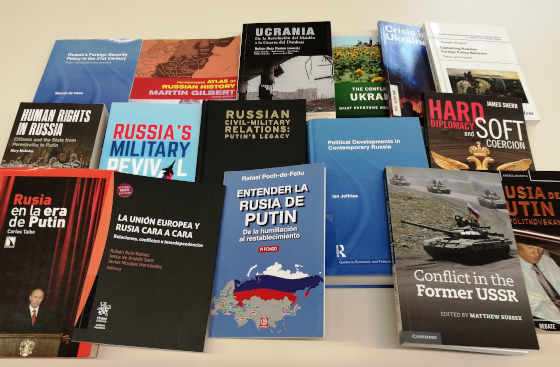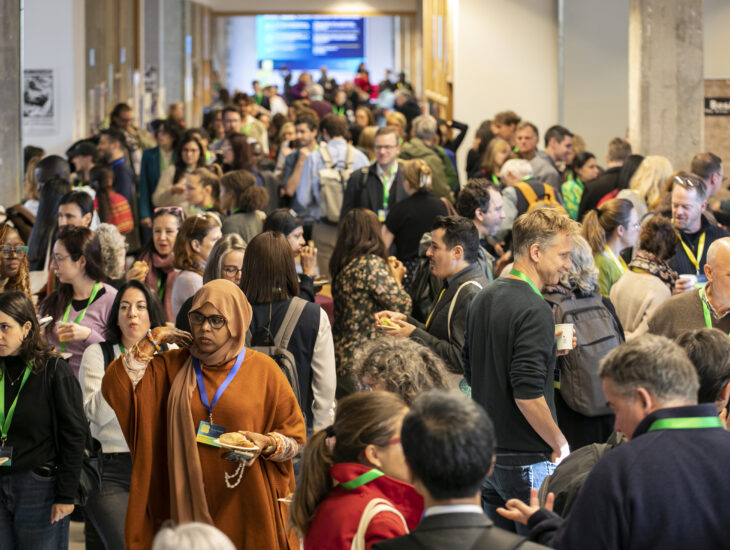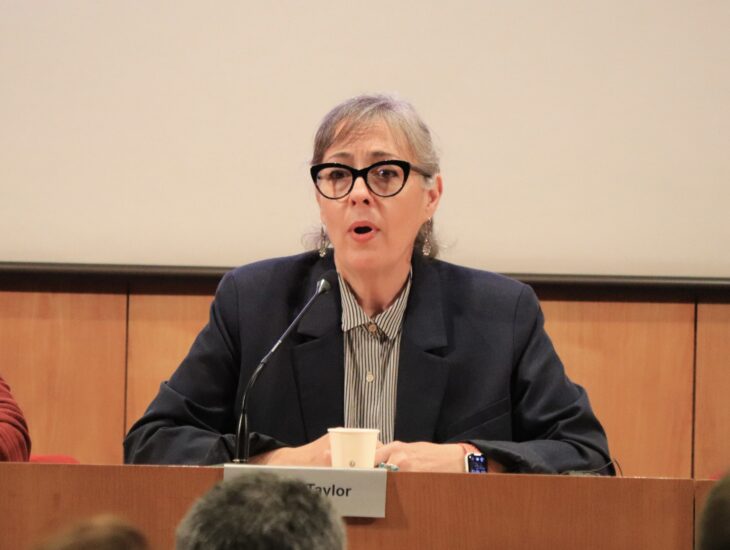On Thursday, February 24, we woke up to the news of the beginning of the Russian invasion of Ukraine.
At around 6 a.m. Moscow time, Russian President Vladimir Putin announced a “special military operation” in eastern Ukraine; minutes later, there were the first missile attacks in various parts of the country, including Kyiv.
Putin has launched a war that, in addition to the humanitarian, economic, political and environmental consequences, will have a disastrous impact on peace-building efforts, not only in Ukraine but in Europe and on a global scale, according to ICIP’s statement that we published the same Thursday.
Given the situation’s complexity, we offer a collection of articles and texts of opinion from a pacifist perspective.
- “Reclaiming universal jurisdiction“, by Sabina Puig (ICIP)
In this article, the author reclaims to rehabilitate the principle of universal jurisdiction in order to investigate the crimes of war in Ukraine and guarantee the victims their rights to truth, justice, reparation and non-repetition. As the author says, “if the war crimes, crimes against humanity and genocides of the last decades had been prosecuted more vigorously, then the victimizers would probably not feel so strongly that in war, everything goes and that excess does not entail consequences”.
- “Reflections on the Russian invasion from a pacifist perspective“, by Pablo Aguiar (ICIP)
During this time of war, Aguiar defends moving towards institutional architectures that guarantee the security of all the countries of the European continent and that guarantee peaceful management of conflicts. Because the alternative is to increase military spending and to move closer, perhaps fatally, to a new war.
- “Security in times of war“, by Sandra Martínez (ICIP)
Militarism alone has never translated into positive conflict management; on the contrary, it has trapped, displaced or worsened them in the medium and long term. So, what kind of security are we talking about in these days of the offensive in Ukraine? From whom and for whom? In this article, the head of the “Alternatives of Security” area of the ICIP claims the need to seek mechanisms for solidarity and shared security to prevent violence and the arms race.
- “How do we respond to Putin’s war?“, by Kristian Herbolzheimer (ICIP)
In this article, ICIP’s director explains that the debate on whether or not to supply weapons is a perverse dilemma because either answer entails the death of thousands of people.
- ‘Putin might be winning the military battle but he has lost the moral one’, by Kristian Herbolzheimer (ICIP)
In this interview, Herbolzheimer talks about the dimension of the conflict between Russia and Ukraine, something “beyond what was thinkable for anybody,” the ICIP director said. “Where we are right now, there are no good options, all options are bad,” he told this media outlet.
- “War in Ukraine: Peace Frameworks and Initiatives“, by Kristian Herbolzheimer (ICIP)
In this article, the director of ICIP writes about the historical references of understanding between the parties to the conflict. He also writes about the diplomatic and social initiatives of dialogue that have been deployed for years in the region, since of a local and European framework.
- “What would real peacebuilding in Ukraine look like?”, by Almut Rochowanski (WILPF, Women’s International League for Peace and Freedom)
This article covers the initiatives of relaxation and dialogue that have taken place in recent decades to address the conflict between Russia and Ukraine and advocates a peace-building strategy focused on people, human security and feminism.
- “It’s time to ask: what would a Ukraine-Russia peace deal look like?“, by Anatol Lieven (Quincy Institute for Responsible Statecraft)
In this article published in The Guardian, the author calls for a dialogue solution to end the war and points out some of the issues that should be on the table.
- “A Just Peace for a Besieged Ukraine“, by Fernando Travesí (ICTJ)
More than 4 million Ukrainians are now refugees; another 10 million are internally displaced, and a rising but still undetermined number have been killed, are missing, or are wounded. The real question is what just peace means for Ukrainians.
- “War in Ukraine: Do Negotiations Stand a Chance?“, by Initiative Mediation Support Deutschland (IMSD)
With the atrocities against civilians in Butcha and other Ukrainian cities reported in early April, the violence and inhumanity of the ongoing war have entered a new degree of visibility. For some, this means negotiations are completely discredited; for others, negotiations are even more imperative.
This document was developed by Ukrainian mediators and dialogue facilitators in May 2022 to convey their voices and professional opinion to prominent actors in the international sphere of conflict transformation.
As an element of analysis and reflection, we also share this thread shared by the director of ICIP.
Recommended reading
As a complement to the analysis of the conflict between Russia and Ukraine, and the figure of Putin, you can also consult the extensive catalogue of the ICIP Library. You can see an example of the vast bibliography we have on the subject in the photo.





